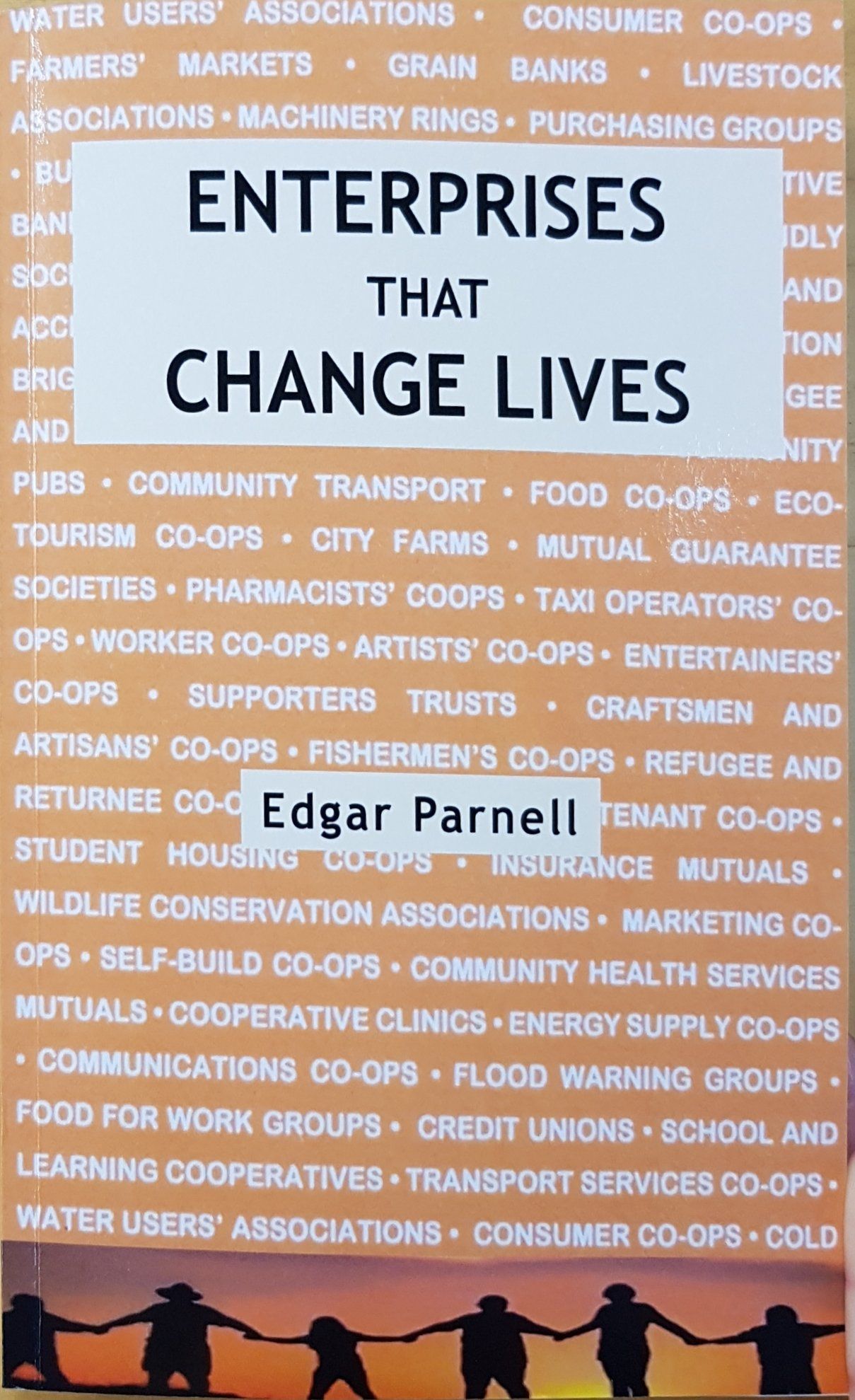Enterprises that change lives by Edgar Parnell (Amazon, £10.01)
The market regularly works against the mass of ordinary people, argues Edgar Parnell in his book, Enterprises That Change Lives.
The most effective response to this, he says, is to join organisations that intervene in the market in the interest of their members. These are
self-help enterprises such as co-operatives, credit unions, building societies, friendly societies and community enterprises.
Mr Parnell has spent his life working in self-help enterprises, having managed, studied, researched and advised enterprises in more than 40 countries. A former chief executive of the Plunkett Foundation, he has also worked on projects for governments, European and United Nations agencies.

Here, he draws on this experience to ask what policy makers, community developers and academics can do to help grow and sustain “self-help” enterprise. And he aims to give leaders a better understanding of their business, and provide a reference point for others involved in the sector, including employees, grassroots members and those looking to start up a new “self-help” business,
When these organisations flourish, argues Mr Parnell, it is not because of their business model per se, but because they are giving people what they want.
He looks at how to effectively run self-help enterprises that meet their members’ needs and achieve their purpose. The volume sets out the systems and culture needed to achieve the objectives of the enterprise, offering readers some useful tips for good governance and oversight. It suggests ways to finance self-help enterprises and common practices to make co-operation work.
Mr Parnell believes the use of multiple terminologies for self-help enterprises can confuse the public. Some of them call themselves businesses, for instance while, others identify as social enterprises. And he warns self-help enterprises against their tendency to talk about sharing profit with members – while telling people they are not-for-profit enterprises.
- The book is available on Amazon. For more information contact [email protected]